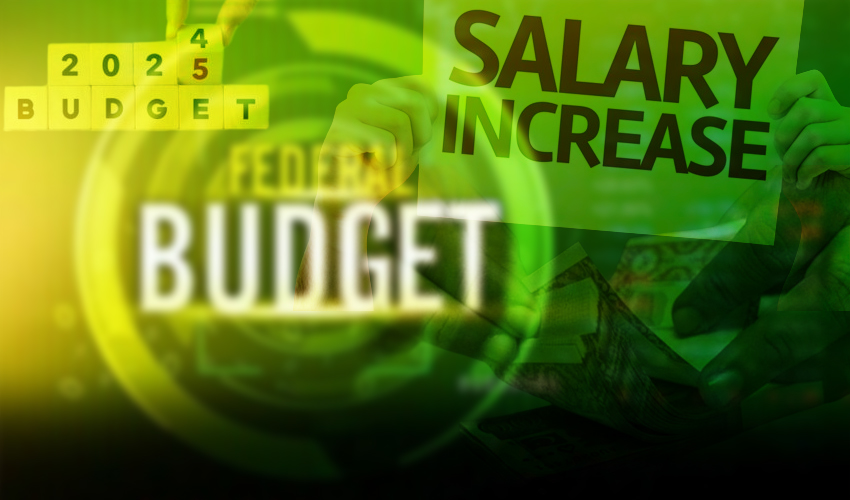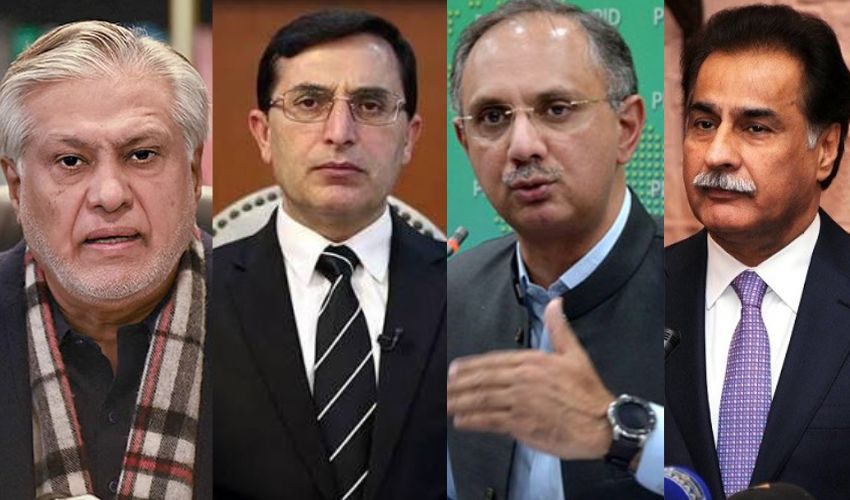Today, all eyes are on Quetta as the Balochistan Assembly prepares for the presentation of the budget for the financial year 2024-25.
Provincial Finance Minister Mir Shoaib Nausherwani is set to unveil the budget at 4pm in the assembly. Prior to that, a meeting of the provincial cabinet regarding the budget of the next financial year will be held at 3pm.
The budget session of the assembly, scheduled from June 21 to 29, will not only feature the presentation of the main budget but also include discussions on a supplementary budget for the current financial year. This supplementary budget, aimed at addressing immediate fiscal needs, is expected to receive approval during the session.
According to the Balochistan Finance Department, the total size of the budget is proposed to be Rs850 billion. This includes a non-developmental budget proposal of Rs600 billion and a development budget proposal amounting to Rs250 billion.
Health and education sectors are set to receive substantial allocations, with more than Rs67 billion earmarked for health initiatives and a possibility of Rs120 billion allocated towards education reforms.
Also Read: Balochistan's budget 2024-25 to be presented on June 21
Additionally, Rs70 billion are expected to be allocated for peace and security measures, reflecting the province's focus on maintaining stability and enhancing safety.
The budget is also likely to propose Rs2 billion for the Benazir Scholarship program and increase the grant for universities to Rs5 billion.
Furthermore, the proposal is likely to include a significant increase in salaries, with a potential 25% raise for government employees in grades 1 to 16 and a 20% increase for employees in grades 17 to 22.
Under the National Finance Commission (NFC) Award, Balochistan anticipates receiving Rs647 billion, a crucial source of revenue for the province. Additionally, Pakistan Petroleum Limited (PPL) is expected to contribute Rs60 billion to Balochistan, supporting local development initiatives.
The budget approval process will involve discussions and deliberations between government and opposition members to ensure comprehensive consideration of all proposals and priorities.



























